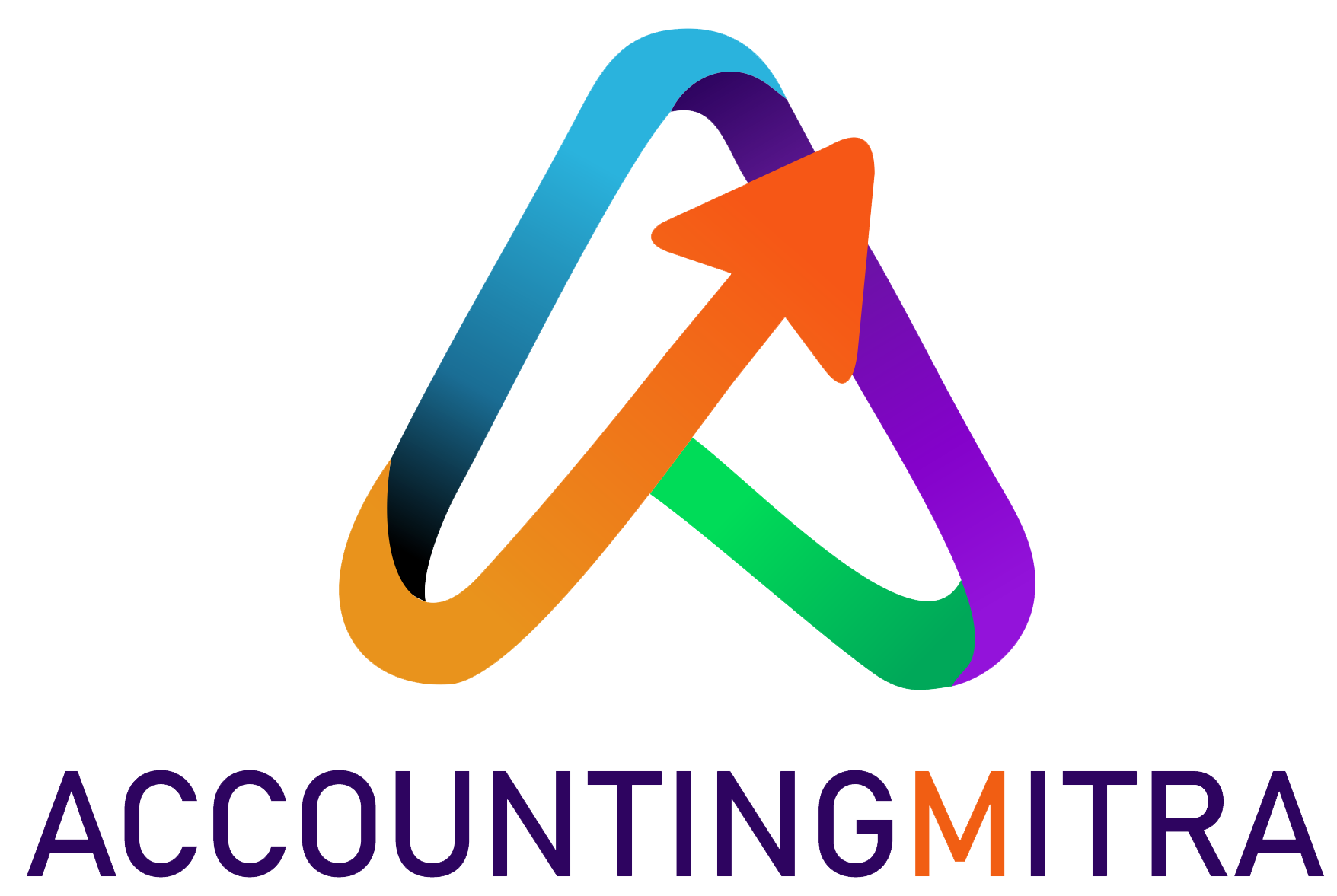Many firms were making changes in their finance departments even before COVID-19, especially when it came to the assessment of operational models. The adjustments were prompted by a number of causes, such as cost control, personnel acquisition and retention, adherence to new laws, effective use of automation and technology, and value delivery.
This demand for reinvention has only been heightened by the pandemic. Businesses had to act quickly in 2020 i.e., during the pandemic because of urgent concerns. Businesses’ responses to the pandemic provided insight into how resilient their financial operations were heading toward the future. We got some crucial accounting lessons learned from COVID-19. Let us point out the:
- Gain Financial Awareness
Quarterly evaluations are sufficient to comprehend the financial status when organizations are experiencing success and there is assured income.
However, the pandemic has taught us that every company needs access to additional funds in case of an emergency. Additionally, it’s critical for businesses to have a thorough awareness of their bank balance, profits and losses, and weekly revenue and expenses. Making sense of the KPIs and breakeven points will be made easier by being aware of the business expenses, including monthly payments to employees and other organizations.
Additionally, preserving important business operations and safeguarding entrepreneurial liquidity will arise from maintaining the company’s financial stability. This information will be useful in crisis planning and preparation.
- Automated Solutions
Businesses now recognize the value of automation and digitization. Perhaps now is a good opportunity to evaluate whatever manual action or processing the company is still using and look for digital alternatives.
Not only considering small-scale solutions but the automation of the entire ecosystem needs to be taken into account. This entails setting up substantial enterprise resource planning (ERP) systems and other specialized technologies that permit the automation of particular activities. Software as a Service (SaaS) solutions, notably in the financial and accounting industries, can support rapid change while relieving firms from making upfront investments in specific tools. Businesses should try for a balance when investing in SaaS solutions and ERP systems, keeping in mind how quickly technology will change.
While fully digitalized accounting and financial functions are the way of the future, they also pose cybersecurity risks. It is also necessary to address issues with data protection, cybersecurity, and the security of data exchange channels, among others.
- End-To-End Process Creation
The COVID-19 pandemic provided a chance to develop future agility and resilience. The necessity for thoroughly documented end-to-end processes has arisen as corporate functions move from a single workplace to residences. Roles and duties, as well as the inputs and outputs of processes, are less clear.
Businesses are discovering that despite having designed processes, deviations still occur. To prevent process interruptions, accounting and finance functions in particular would have developed workarounds. So, the concern is if businesses are equipped with an alert mindset to handle both little and significant changes, like a pandemic.
- Providing Ideal Consultant Service
The pandemic has highlighted the necessity for companies to use advice services. Clients spend the highest value on advisory services because they want direction and counsel regarding their financial flows, particularly during times of crisis. Clients require a dependable advisor for everything from managing stifled revenue streams to locating banks that can approve their loans.
The pandemic experience has taught us several important lessons, one of which is that clients will approach firms for advice during difficult times. The client will have no choice but to search elsewhere if a company is unable to provide this service. Accounting firms must accept the transition as an opportunity since they must realize that this particular demand will endure the pandemic.
Ultimately, this is a turning point for accounting and finance.
- Customer Is Essential
Businesses have discovered themselves facing a lot of competition despite the outbreak. Additionally, maintaining a strong relationship with customers is crucial since they are more likely to be willing to change their behavior and spend a little more when required.
The significance of preserving a positive relationship through both good and bad times has been reaffirmed by the pandemic. Understanding how much customers spend, where they spend it, and what they need is crucial from an accounting and financial standpoint.
- A New Era Of Functional And Subject-Matter Expertise
Continuing education and understanding new facets of the industry have typically been required for reskilling in the finance industry. Skills like communication, critical thinking, cooperation, and leadership will become more and more in demand as automation alters the fundamental nature of our work.
All learning discovered as a result of the COVID-19 epidemic is priceless and can be used to build a safe tomorrow.

